Top Speed of Trolling Motor
What’s fascinating about fishing and other water recreational activities is that it allows you to embrace spontaneity -- no boundaries, no maps, no itineraries, no waiting -- just endless thrill and immeasurable fun. And for sailors and fishing enthusiasts alike, we can’t deny that this is indeed our kind of adventure.

Once you’ve tried recreational angling, you know for sure that the enjoyment from water activities is not all about how fast you go, but about being mindful of the right speed to maximize your technical advantage. In the case of fishing, going slow and steady (or trolling) is the way to go. Thankfully, with the help of a trolling motor, there are more opportunities to fish when you troll efficiently and effectively.
Trolling is one of the most common techniques employed in recreational fishing. By attaching baited hooks onto fishing lines and dragging them behind a slowly moving boat, get ready to be amazed as you attract and draw in fish. Having a maximum speed of only 5 mph may seem slow, but it is what makes trolling motors ideal for fishing.
Many people use trolling motors as their primary means of propulsion. This is popular on Jon Boats, dinghys, and other small personal watercraft. While trolling motors work great for this, they will never achieve the performance of a gas motor. The reason for this is because the maximum speed is determined by the propeller speed, or RPMs. Propeller speed is determined by the amount of current that can be passed through the coil, therefore a 12V trolling motor is limited by only having twelve volts available. Electric trolling motors are by design, only able to perform within set parameters, so adding additional volts will only ruin the motor, and not improve performance.

If you are looking for speed or power without having to deal with gasoline and all the problems that come with it, then an electric outboard motor is the right choice for you. Electric outboard motors or electric boat motors utilize brushless DC motors (BDCM), allowing them to be more efficient, more durable and produce greater amounts of torque. In order to produce higher amounts of torque and speed, electric boat motors require increased voltage. For this reason, electric outboard motors require high-end lithium batteries to store the voltage and amps necessary to power the electric boat motors.
Currently, two electric outboard motor brands stand above the rest: Torqeedo and ePropulsion. While these companies create a similar product, their design and construction do vary. The Torqeedo Travel 1003 and the ePropulsion Spirit 1.0 are models that we can compare to explain the differences.
The Travel 1003 by Torqeedo is fairly quiet, especially compared to a gasoline outboard. However, Torqeedo does implement a planetary reduction gearbox, which does make a more noticeable “whine” when in use. One great thing about the Torqeedo electric outboard motor is that the integrated battery only weighs about 12 lbs, allowing the motor to be lighter. Unfortunately, since it is lighter the 503Wh battery only has a 18Ah capacity. Charging this lighter battery can also be time consuming as it takes 10 hours to completely charge. The Travel 1003 is an interesting motor, but it comes at a steep price of $1,999.00On the other hand, the ePropulsion Spirit 1.0 doesn’t use any gears in its design. This creates much less noise than the Torqeedo, a barely noticeable “hum” that can hardly be heard. While the integrated battery is heavier at about 20lbs, it provides 1000Wh and will float in the event it falls into the water. Another bonus is the battery has the ability to charge in roughly 6 hours compared to 10 hours with the Travel 1003. With all of these great benefits, the ePropulsion Spirit 1.0 is offered at a more affordable price of $1,799.00.

Electric motor technology has dramatically improved within the past few years to offer more affordable, reliable electric boat motors for a great price. With little to no maintenance required, these motors are a great choice for going fast and going green. If you are focused on fishing or only interested in trolling at lower speeds, a trolling motor might be a better option for you, but if you have a need for speed, try out an electric outboard. Regardless of the electric motor you decide on, you’re bound to have a great time!



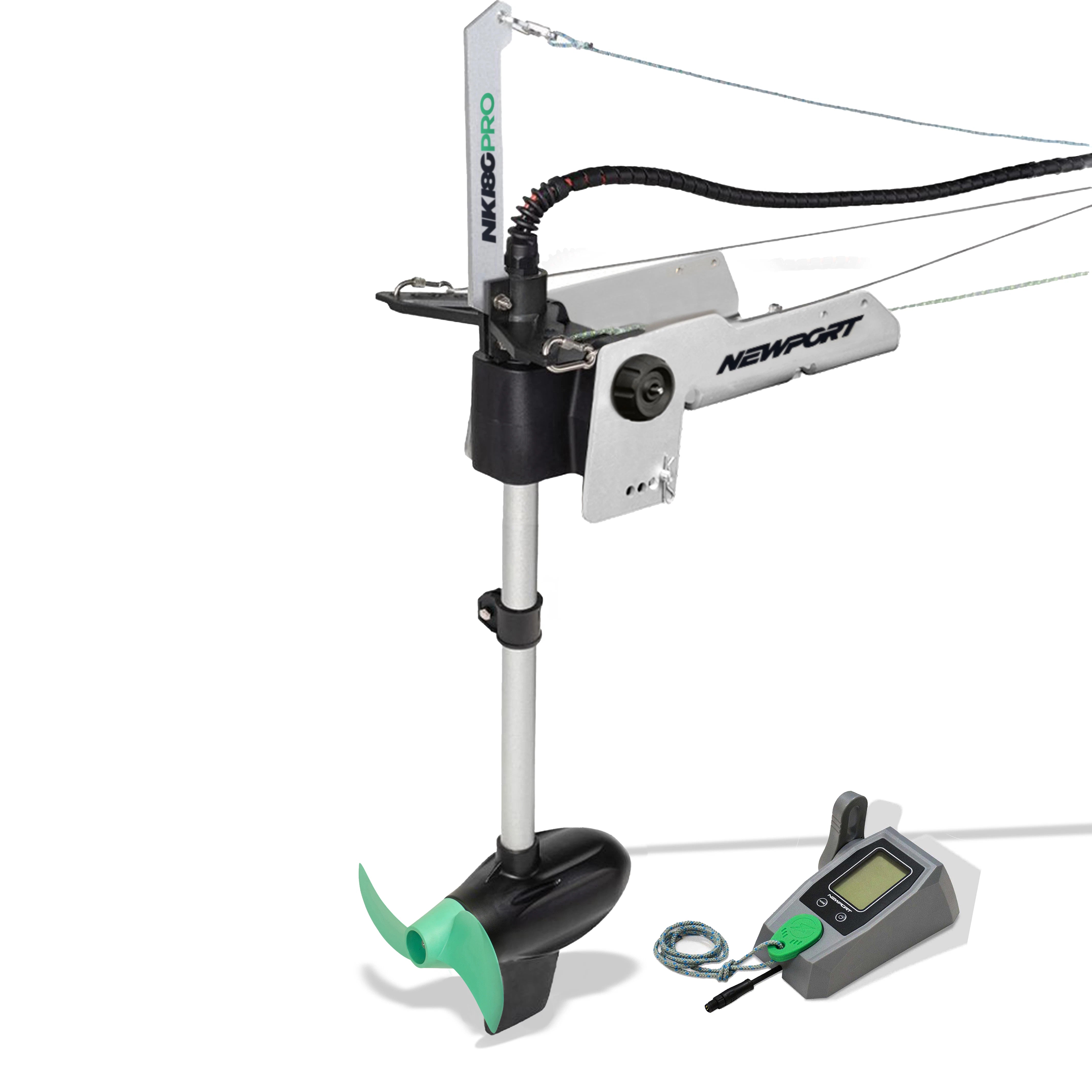
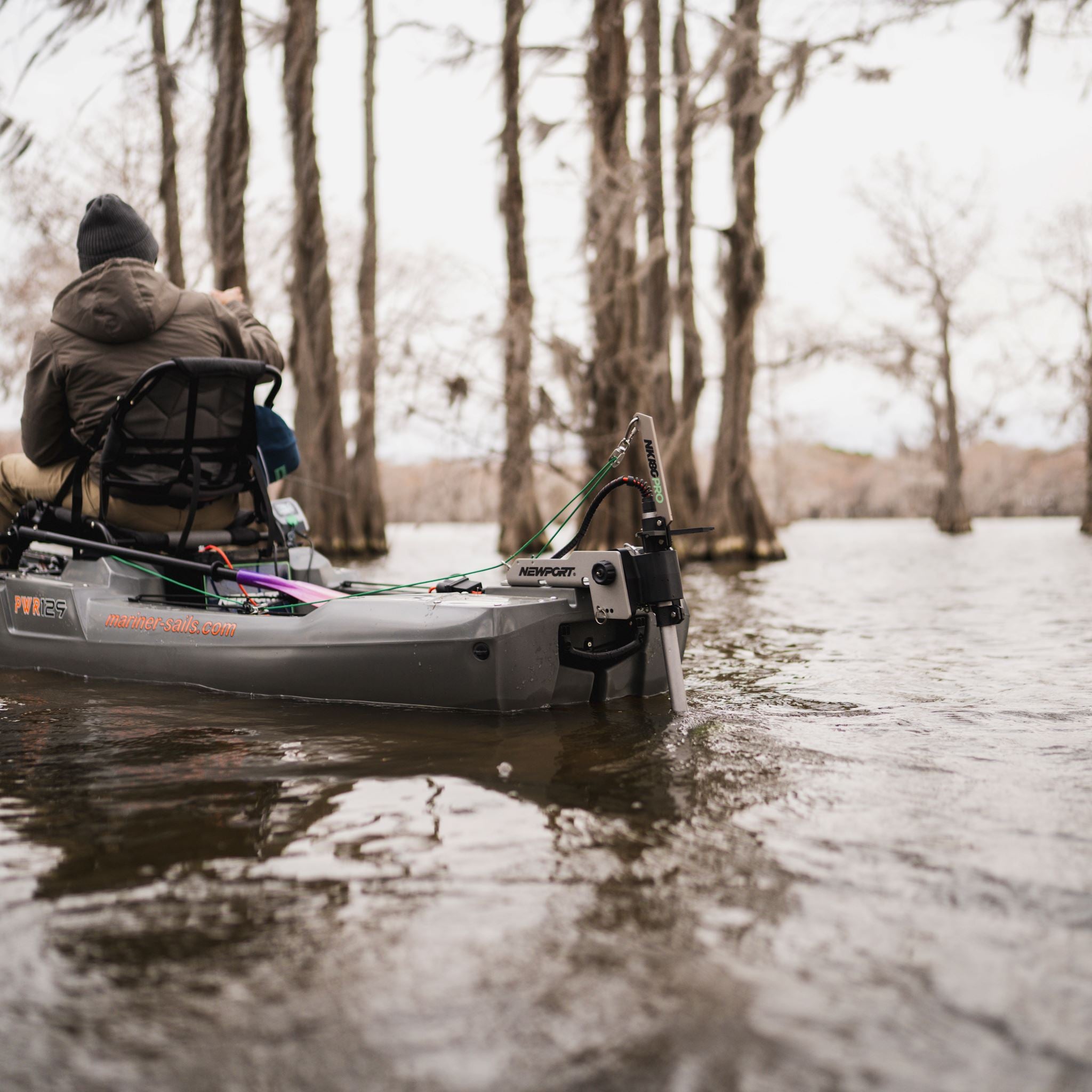
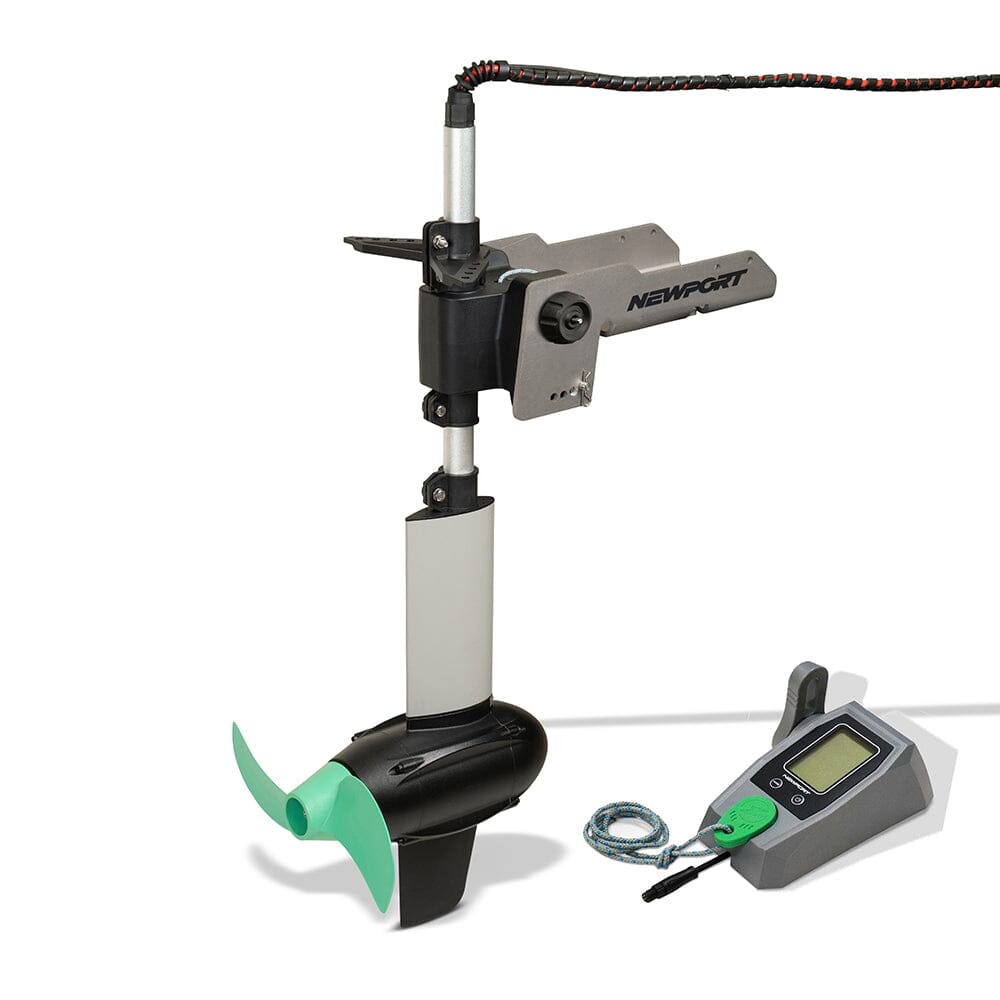
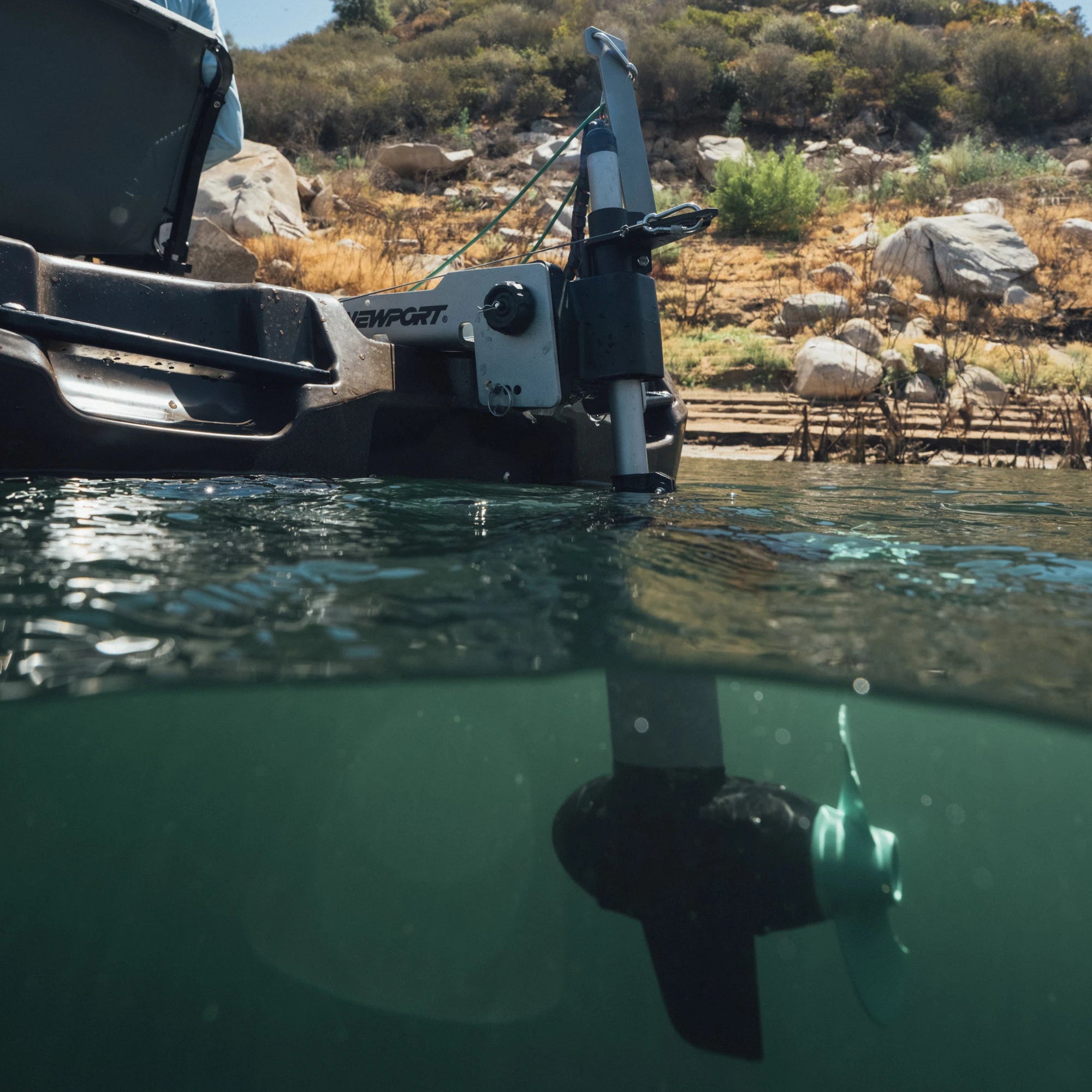
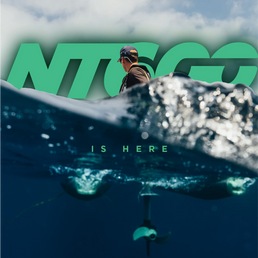



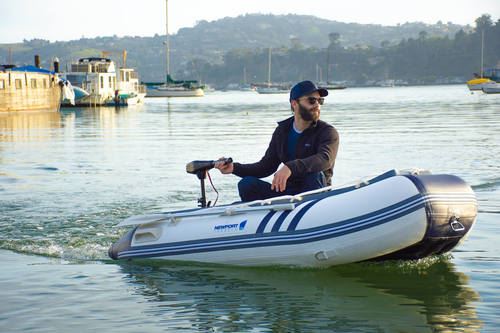
Leave a comment